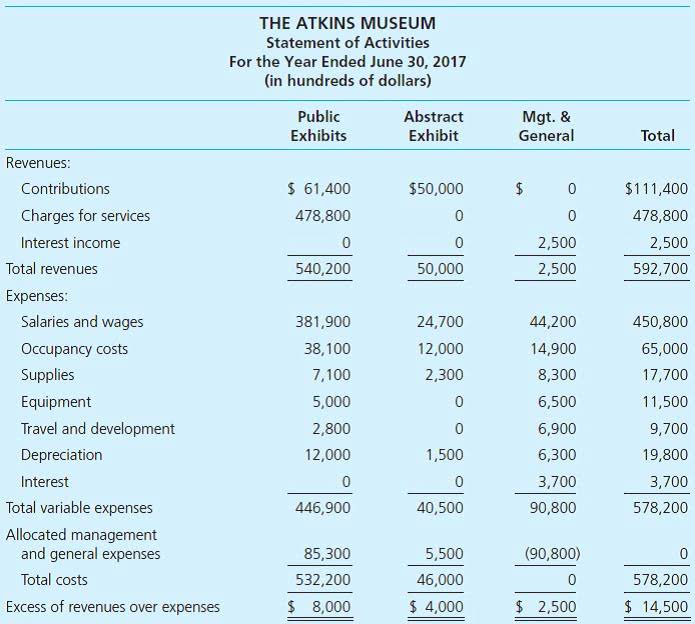
However, it is common practice for the shipper to Online Accounting hand over the cargo to the carrier at the terminal where it awaits to be loaded onto the vessel. Instead, use FCA (Free Carrier), CPT (Carriage Paid To), and CIP (Carriage and Insurance Paid To), which are the correct alternatives as they are meant for containerised freight. Furthermore, once the goods leave the port of origin, the seller has limited control over the shipment and may face delays during transit. This can raise questions about their ability to meet delivery deadlines and is a significant risk for FOB Destination transactions.

Compare the FOB Incoterm to others
For example, let’s say Carl’s Computers of Texas purchased a pallet of new computers from Computers Direct in China. After receiving the freight, the manager of Carl’s Computers unpacked the machines and noticed that the monitors were broken. The manager then looked at the bill of lading to review the agreed-upon FOB terms. Sellers often prefer FOB and buyers prefer CIF but some trade agreements find one method more convenient for both parties. Our team of experts can help you assess your options and choose the best shipping agreement for your needs so that you can make an informed decision about whether FOB is right for your business. Regarding drawbacks, there aren’t fob shipping point many, but exporters should be aware of the potential for delays in shipment if it is held up at customs or other ports of call.
- However, the disadvantage for the buyer is the lack of control over the shipment, including shipment company, route, and delivery time.
- FOB transfers liability from seller to buyer when the shipment reaches the port of origin, not the destination.
- This example demonstrates how FOB clearly delineates responsibilities between the buyer and seller, which is crucial for smooth international transactions.
- You must ensure that export documents comply with all applicable regulations.
- This acronym is important to know because it defines specific responsibilities between buyers and sellers in a shipping agreement.
- If you are regularly involved in international trade, you need to understand the risks and responsibilities for each of the Incoterms 2020 rules, not just pick the term you always use.
Negotiability of FOB Terms
FOB stands for “Free On Board” or “Freight On Board.” This term is used to indicate when liability and ownership of goods is transferred from a seller to a buyer. If you’re a small business owner navigating the world of shipping, you’ve likely come across the term “FOB” in your shipping documents. The most common international trade terms are Incoterms, which the International Chamber of Commerce publishes, though firms that ship goods within the U.S. must adhere to the Uniform Commercial Code. If history is any indication, the Incoterms 2020 rules will be around for at least a decade. Now seems like the perfect time to make sure you understand each of the terms, so you can make sure you’re speaking the same language as your international trading partner. It’s important to note that in U.S. legal contracts, “Free on Board” is the correct terminology—not “Freight on Board.” However, many shippers still use the term interchangeably.
Who Is Responsible for Damages in FOB?
- Regardless of which Incoterm® the cargo is shipped under, either the buyer or seller must cover the costs of International seafreight and further charges.
- FOB Origin and FOB Destination represent two variations of the FOB international shipping term, specifying when ownership and responsibility for goods transfer between the seller and the buyer.
- FOB on an invoice refers to Free on Board, an Incoterm that indicates which party is responsible for paying the cost of transporting goods in international trade.
- It is sometimes unclear whose responsibility it is to ensure insurance coverage.
Additionally, the seller is responsible for covering all shipping costs, insurance, and customs clearance fees. Accounting Security These expenses can add up quickly, increasing the overall cost of the goods and potentially impacting the seller’s profit margins. Moreover, the seller may face delays in recording the sale until the goods are delivered to the buyer’s destination, which can affect their accounting processes and cash flow.
Best Practices for Using FOB in Contracts

The use of FOB in international trade is expected to continue to grow in the coming years, as businesses seek to optimize their supply chain and minimize costs. Technological advancements, such as the use of blockchain technology, are also expected to play a role in improving the efficiency and security of FOB transactions. The partnership proved successful, allowing both parties to maximize profits while minimizing risk through proper FOB terms. This case illustrates how clear agreements and comprehensive insurance can facilitate smooth international transactions. Another important aspect of FOB is the documentation required for the shipment.


The terms are used interchangeably to describe a shipping agreement and signify the same rules and conditions regarding the transfer of risk and costs in international transactions. Buyers and sellers often confuse FOB by understanding the shipment can be sent by any mode of transportation; this is not correct. The International Commerce Center (ICC), explains FOB is only viable for sea and inland waterway shipments. When not shipping via sea, buyers and sellers could consider FCA as a comparative Incoterm which works for all modes of transport.
FOB Destination
Shipping costs are reduced, but fewer buyers are willing to accept shipping point terms, especially on large or fragile orders. Read all contracts carefully, calculate potential costs, purchase insurance—and consider negotiating additional terms in your shipping or sales agreement to protect against losses. CIF means “cost, insurance, and freight.” Under this rule, the seller agrees to pay for delivery of goods to the destination port, as well as minimum insurance coverage. When goods are labeled with a destination port, the seller stays responsible for damages, lost items, and other costs and issues until the shipment is complete.



